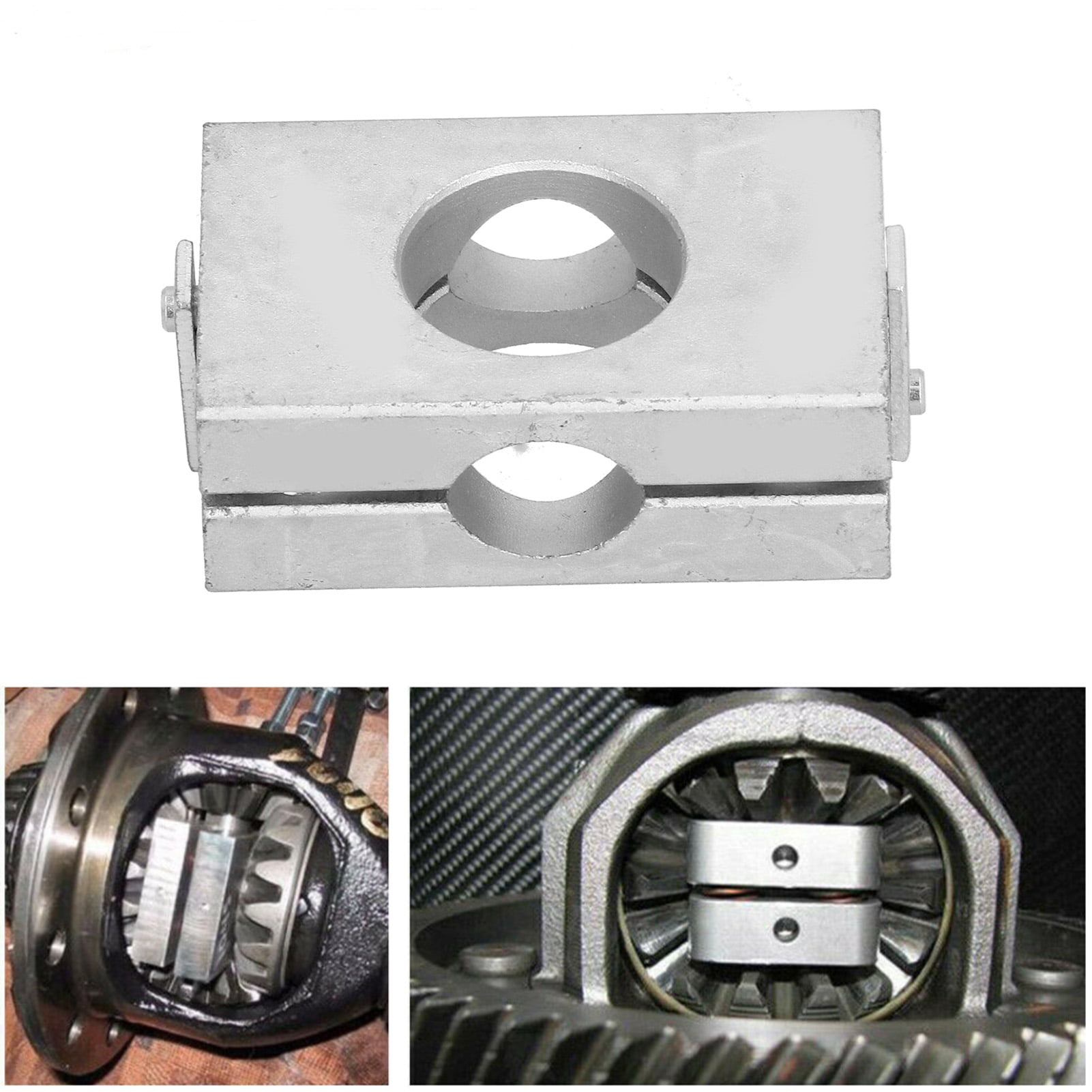
A recent movie, paints a good picture of the harsh fight between the two men, escalating up to the first human execution in an electric chair powered by AC. Two years later, he met George Westinghouse, a rich industrialist, who bought many of his patents, and began to develop AC power stations.Īnd this marked the start of an epic battle between Westinghouse/Tesla and Edison for the development of electricity standards. However, he was convinced that the future of electricity was with Alternating Current (AC). Ironically, Tesla arrived in the US in 1884 and started to work for Edison on DC machines. The first electrical systems were established by Edison as direct current (DC) power stations that began to serve their first 59 customers in New York in September 1882.

George Westinghouse, backed by Tesla, was a passionate advocate of AC electricity, whereas Edison strongly pushed for DC to be adopted as the international standard. Tesla, Edison and Westinghouse were engaged in perhaps the most dynamic technical battle of the modern era. A time when electrical science showed tremendous development thanks to great scientists such as Alexander Graham Bell, Werner von Siemens, Heinrich Hertz, George Westinghouse, Nikola Tesla and Thomas Edison. Let’s go back in time, to the end of the 19 th century. Here's a brief history of AC and DC: The Long Lasting War Now, let’s see why we have two types of electric currents. An electric current is a flow of charged particles (the electrons) in a conductor, for example in an electric wire. However, much before the band became famous the term AC and DC was well known.ĪC and DC are electric currents. The first thing that likely pops to mind are these guys right? Finally, we will describe what appliances you could run without converting DC to AC.
#Power converter for car how to#
Secondly, we will look how to convert DC into AC via an inverter. In our article, you will find everything you need to know about DC to AC converters.įirst, we will explain what DC and AC are, then we will move along to answer the question: Is AC better than DC? Therefore, there is a need for a efficient DC to AC power converters both for domestic and industrial use. On the one hand, these systems named above mostly produce, store and use DC electricity, on the other hand, the international standard for electrical devices and home appliances is AC electricity.

Converting DC (direct current) to AC (alternating current) has played a major role in the transition toward renewable energy.ĭC to AC power converters are essential if you want to use electricity from:


 0 kommentar(er)
0 kommentar(er)
